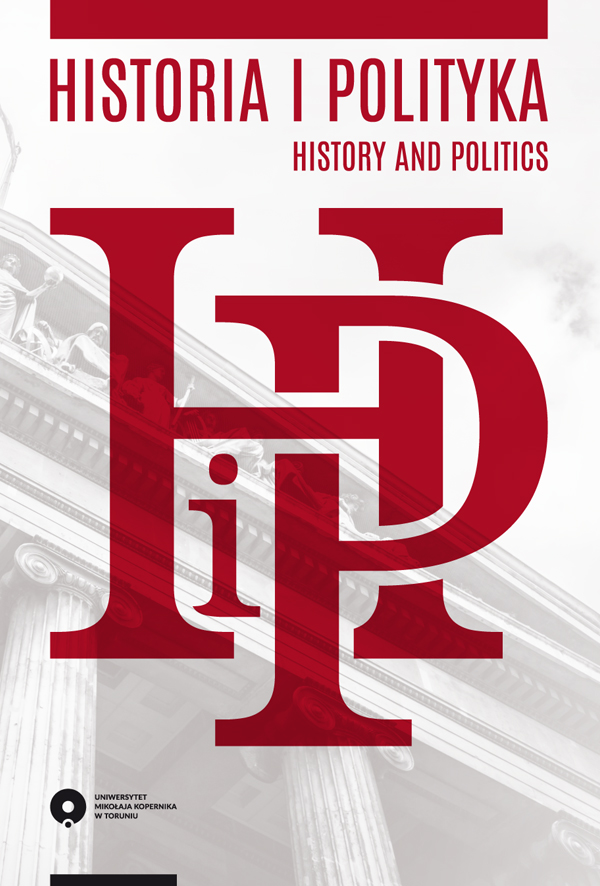Afrykański model autorytaryzmu – Zimbabwe czasów Roberta Mugabe
African model of authoritarianism - Zimbabwe under Robert Mugabe
Author(s): Krystian ChołaszczyńskiSubject(s): Government/Political systems
Published by: Wydawnictwo Naukowe Uniwersytetu Mikołaja Kopernika
Keywords: Autorytaryzm; Zimbabwe; system rządów; Mugabe;
Summary/Abstract: This article is consecrated the events which they had place in Republic of Zimba¬bwe, after obtainment of independence by this country. After many years of racial segregation and the ignoring of world public opinion, the new political creature which was named Zimbabwe was appointed in three months to life in place of Southern Rhodesia. The unformed democratic tradition, lack of intertribal unity, unclear perspectives on future and fear before the White settlers’ return, brought to total taking over the power by Robert Mugabe and the ZANU PF. By many years liberator’s legend, permitted Mugabe on country control. However, his desire of power altered country with parliamentary democracy in extreme presidential system wipingone’s face, and in some aspects Crossing authoritarian system. Economic catastrophe caused, that Robert Mugabe had to give back majority of his prerogatives to oppositional in relation to him, Prime Minister Morgan Tsvangirai. In this article, the intention of analyse cause for which so charismatic person, using tribe’s fear before colonial times, could bring so great national tragedy. How this happened, that the national icon which had to emancipate with colonial pressure became the symbol of pressure. He was compared to Mandela, and now he is compares to Malan.
Journal: Historia i Polityka
- Issue Year: 10/2010
- Issue No: 2/3
- Page Range: 82-102
- Page Count: 21
- Language: Polish

